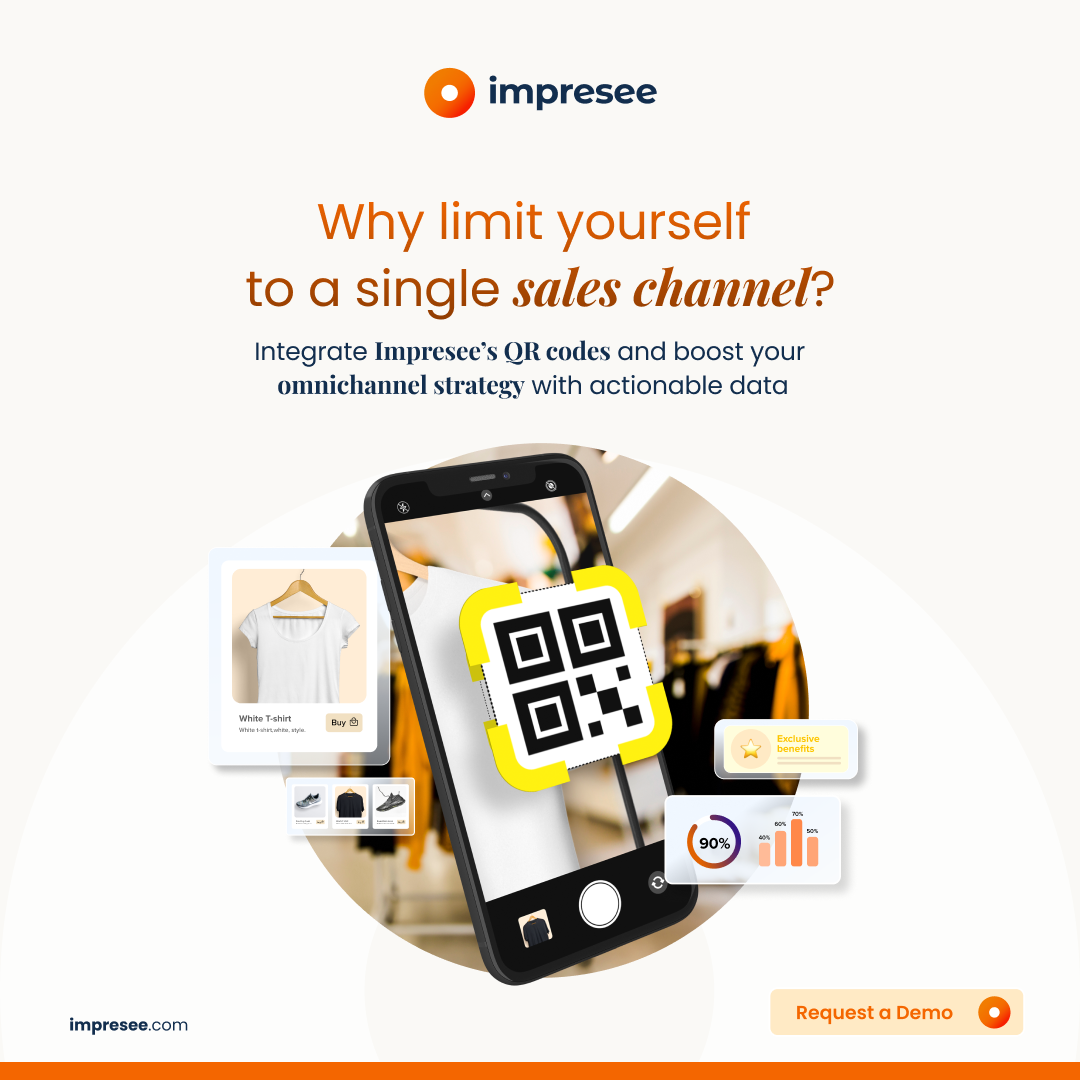As the online store boom continues to reshape the global marketplace, the B2B e-commerce sector is not left behind.
The need for a user-friendly, accessible digital quotation platform for B2B e-commerce clients is more crucial than ever.
In the B2B world, we often find ourselves tangled in endless Excel sheets and PDFs, where product codes reign supreme. But when it comes to choosing a B2B-centric e-commerce platform, what should you look out for? Let’s dive in.
-
Restricted Access and Customer Verification
Security is paramount. A robust system should require customer verification to ensure data safety and prevent unauthorized access.
-
Comprehensive Demo
For B2B companies new to e-commerce, a detailed demo can be a game-changer. It provides a friendly introduction to the software, helping users navigate the system effectively.
-
Advanced Search Engine
An intuitive search engine is a must. It should allow clients to search by product name, code, or even fragments, ensuring they find what they need quickly and efficiently.

-
Product Recommendations and Market Insights
A smart B2B e-commerce system should offer product suggestions based on a client’s search and purchase history, facilitating cross-selling opportunities.
-
Customized Pricing Plans
B2B e-commerce platforms should offer flexible pricing, allowing for quantity discounts and set prices for specific product groups.
-
Credit Management
Offering credit lines to trusted clients can facilitate larger orders and foster long-term relationships.
-
Order Importing
Given the large volume of goods often involved in B2B e-commerce sales, the ability to import orders from files can be a significant time-saver.

-
Order Fulfillment Checklist
With a digital checklist, managing multiple orders becomes a breeze. It streamlines the process, making it faster and less prone to errors.
-
Delivery Scheduling Tools
B2B clients often require precise delivery dates. Efficient scheduling tools can help ensure timely preparation and delivery of orders.
-
Order History
Providing clients access to detailed order history can build trust and facilitate inventory tracking.
In conclusion, choosing the right B2B e-commerce platform is more than just ditching the Excel sheets. It’s about finding a comprehensive solution that meets your client’s needs while streamlining your operations.
It’s about building trust and fostering communication with the people behind the businesses.
And if you’re wondering where to start, why not explore Adobe Commerce? Its B2B e-commerce module takes these functionalities to another level, offering a seamless, user-friendly experience that’s hard to beat.
Remember, the right platform can make all the difference in your B2B journey. So, take the time to explore your options and find the solution that’s just right for you.


